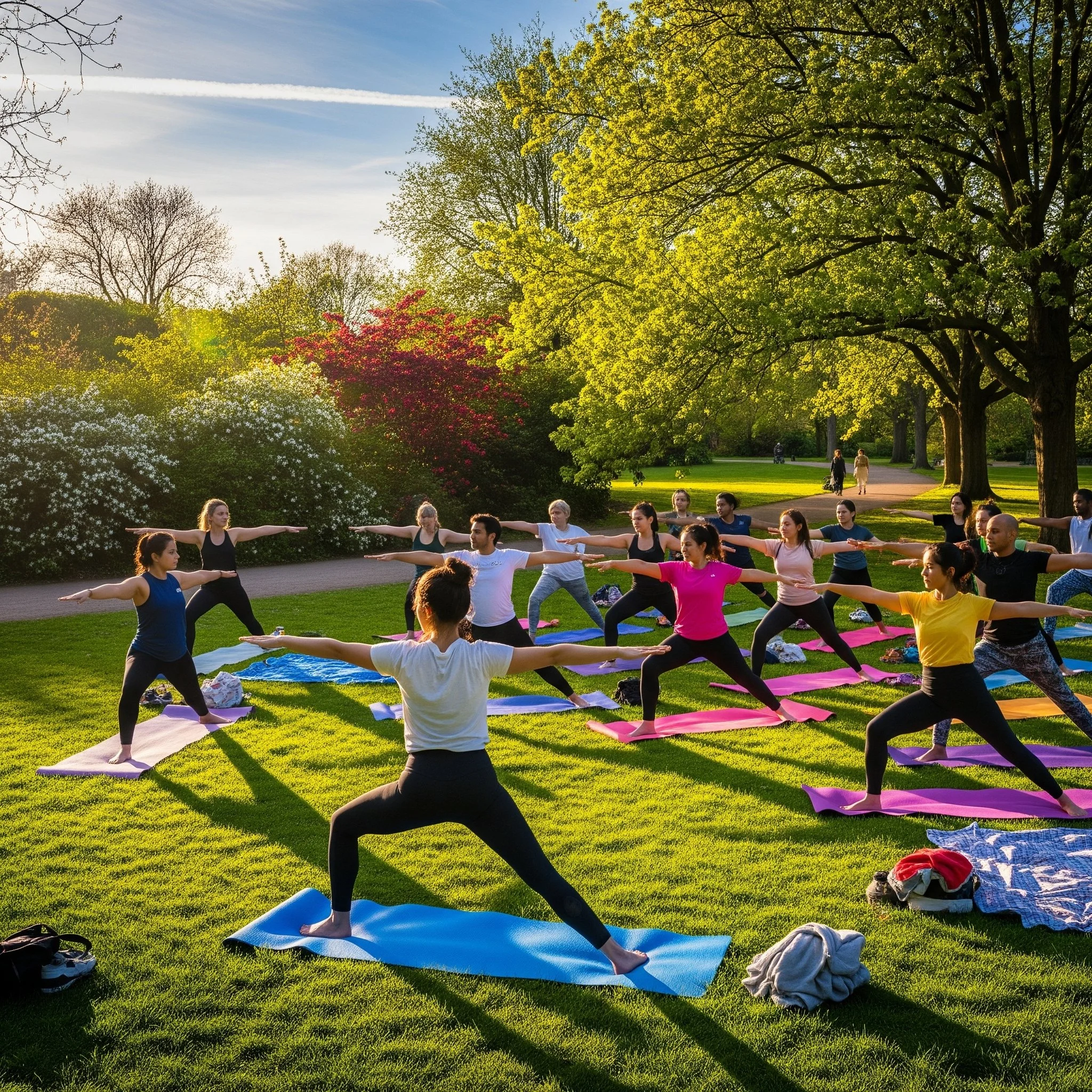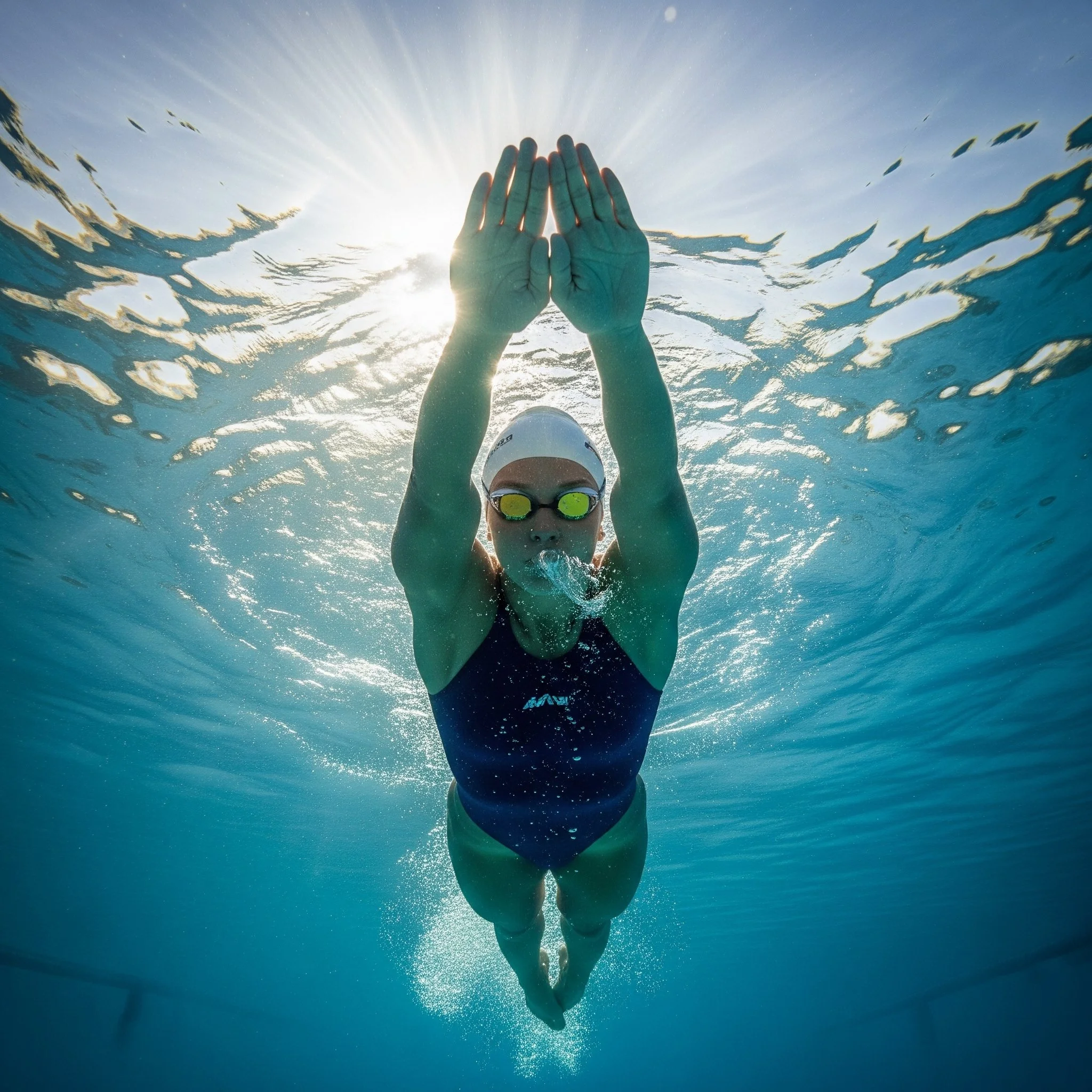
Swimming isn’t just a sport,
its a lifestyle

-
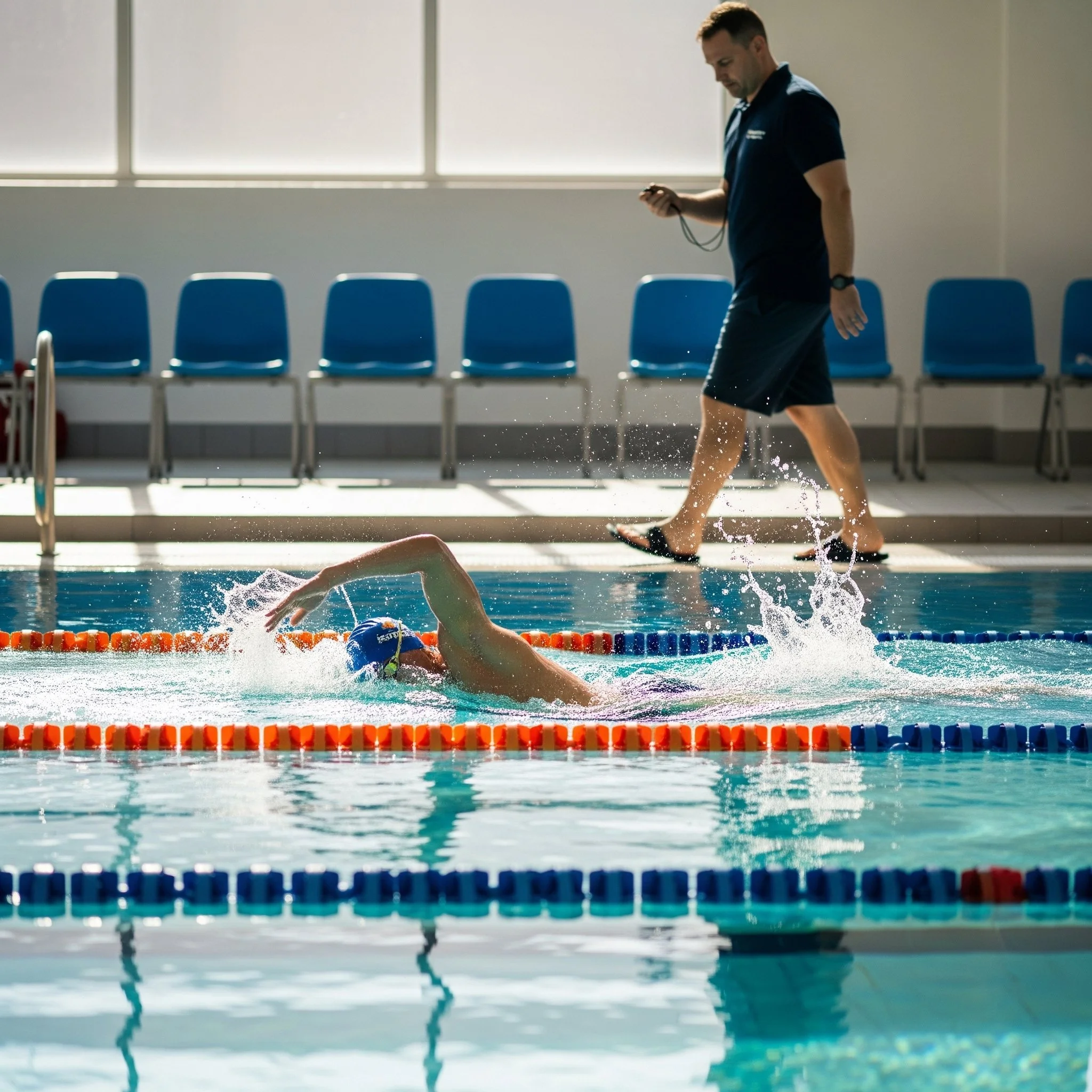
Local Private
In water sessions with an experienced coach focusing on your choice of stroke and technical feedback
-
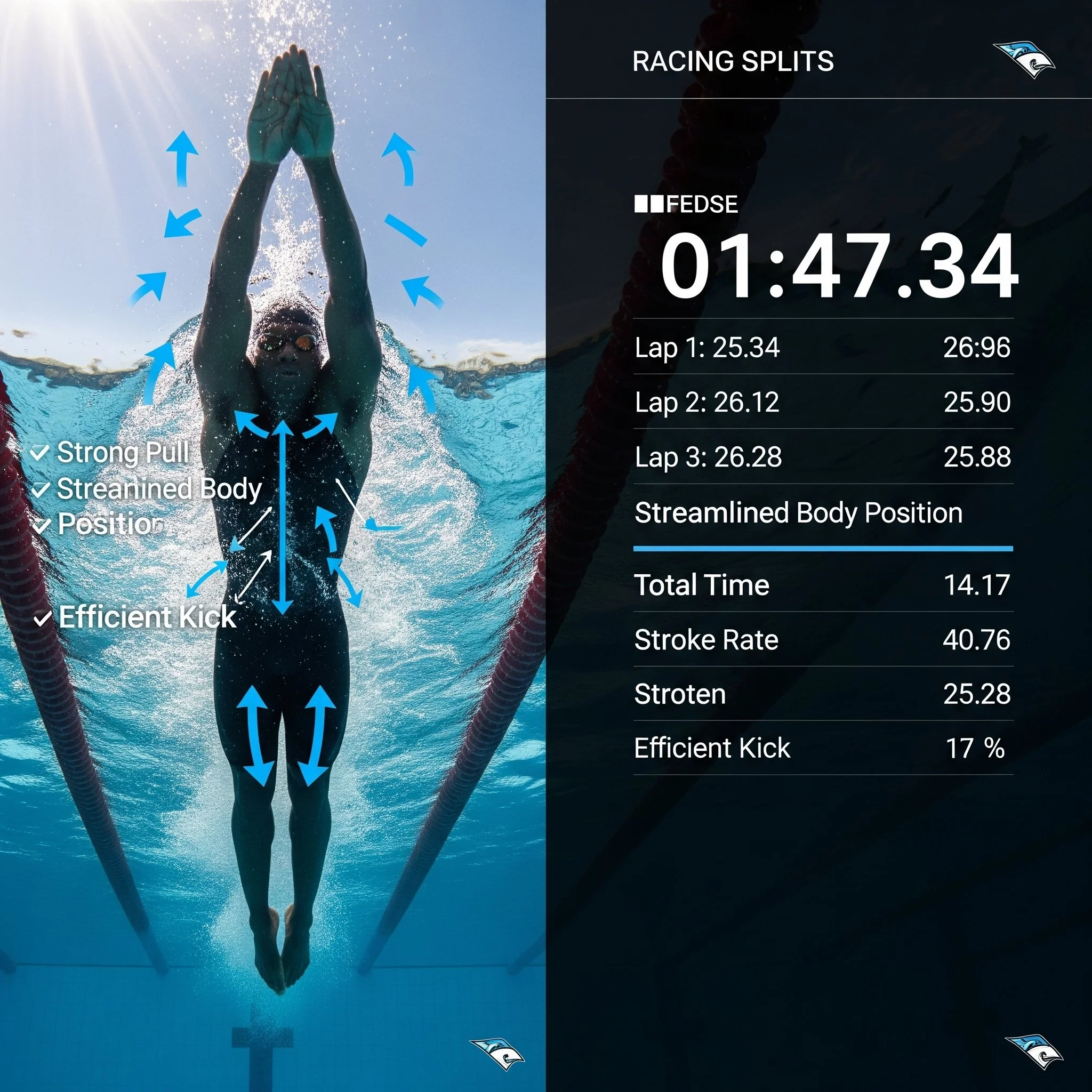
Analysis
Consult with a sports professional about the mechanics of your technique, and competition strategies
-
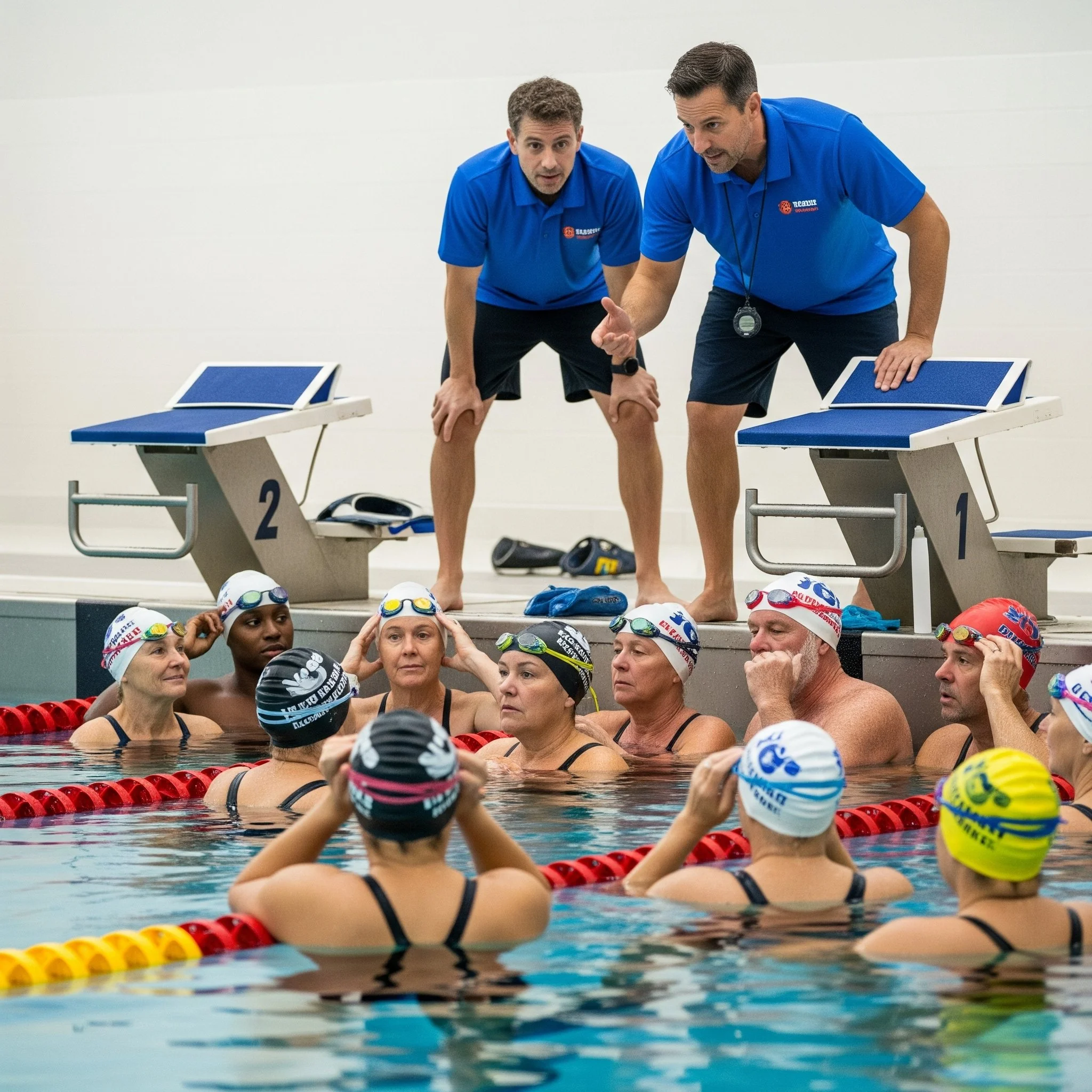
Local Group Sessions
Join group training sessions focusing on skill acquisition and physical conditioning led by a former international swimmer
-
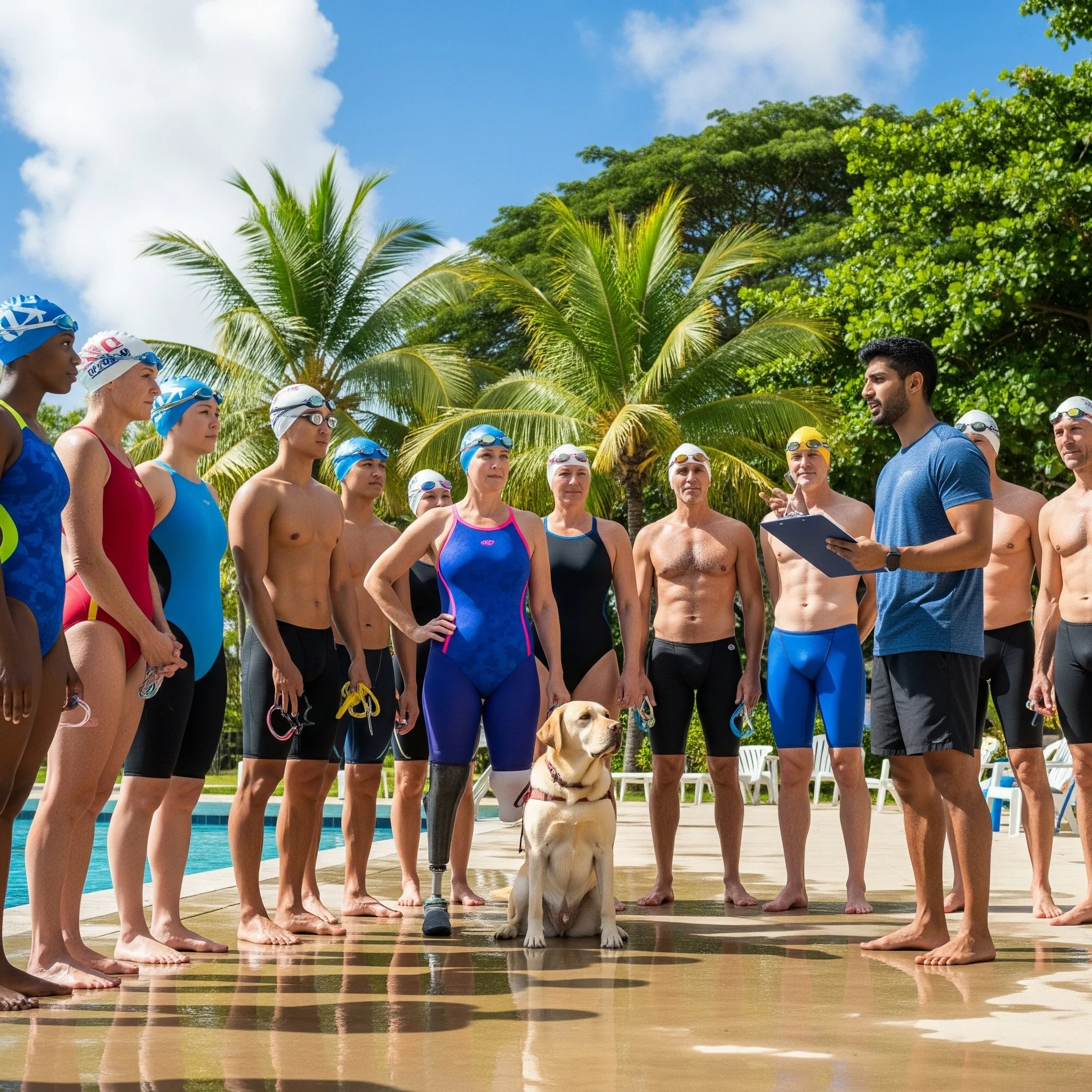
Training Camps
your chance to relax, explore, network, and refine your swimming skills and conditioning. Attend one of our training camps in a tropical destination.
Swimming has high physical demands technique, and mental toughness. Participants race in a variety of strokes and distances, either as individuals or as part of a team, and benefit from a full-body workout that improves cardiovascular health and builds muscle strength. The sport fosters discipline, time management, and a strong sense of teamwork. Swimmers are known for high training volume, and bodies that show it.
Why Swimming?
Gentle on Joints
The buoyancy of water supports up to 90% of a person's body weight, which significantly reduces the impact and stress on joints like the knees, hips, and ankles. This makes swimming an ideal exercise for people with arthritis, joint pain, or those recovering from injuries.
Improved Lung Capacity
The controlled breathing required for swimming helps to build stronger respiratory muscles and can increase lung capacity, which is particularly beneficial for people with conditions like asthma.
Stress Reduction
The rhythmic, repetitive nature of swimming can have a meditative effect, especially for the sensory system. The sounds of the water and the focus on your breath can help calm the mind and reduce stress and anxiety. The physical exertion also releases endorphins, which are natural mood elevators.
Better Sleep
The combination of physical exertion and stress reduction can lead to a more restful night's sleep. Regular swimming helps to regulate your body's internal clock and combat insomnia.
Improved Mood and Mental Well-being
Studies have shown that swimming (in addition to all physical exercise) can boost mental health, with many people reporting feeling happier and more motivated. The "blue space" environment of a pool or lake can also have a calming effect on the mind.
Body Composition
Swimming is a fantastic tool for changing your body composition—the ratio of body fat to lean muscle mass. Though water is fluid it provides some resistance which helps to tone muscles. This in addition to the high caloric expenditure due to swimming’s aerobic nature creates the environment of lean muscled athletes, that swimmers bod.
Increased Neurogenesis & Enhanced Neurological Health
swimming’s unique environment has profound impacts on the brain and nervous system due to limb coordination and cross lateral movements. Some studies suggest that swimming can stimulate the production of new brain cells, a process called neurogenesis. This is particularly important in the hippocampus, the part of the brain responsible for learning and memory leading to improved cognitive function.
Stress Hormone Reduction
The rhythmic motion of swimming, combined with the focus on breathing, can help lower levels of cortisol, the body's primary stress hormone. This shifts your nervous system from "fight or flight" to "rest and digest," promoting a deep sense of calm and relaxation.
Chronic Pain Relief
Swimming is often recommended for people with specific health challenges because of its low-impact nature. For conditions like back pain or fibromyalgia, the water's support can provide a safe environment for movement that would otherwise be too painful on land. The gentle resistance of the water can help build strength in a way that doesn't exacerbate pain.









